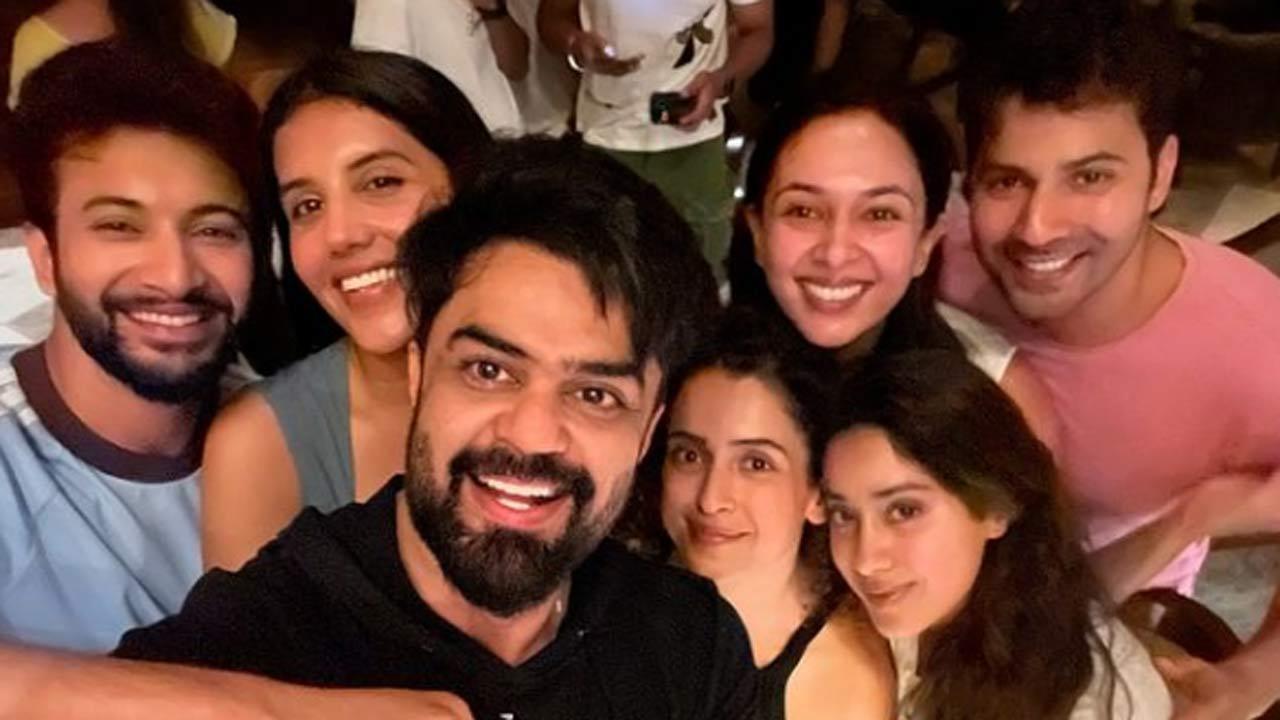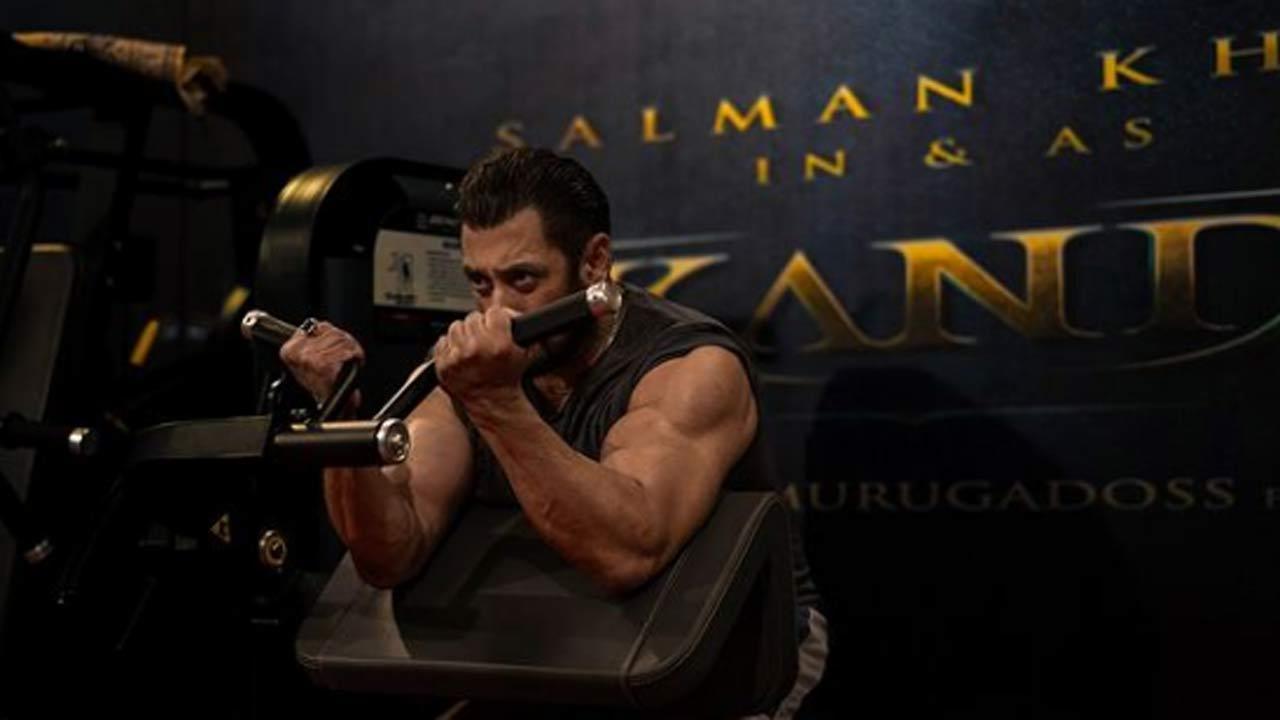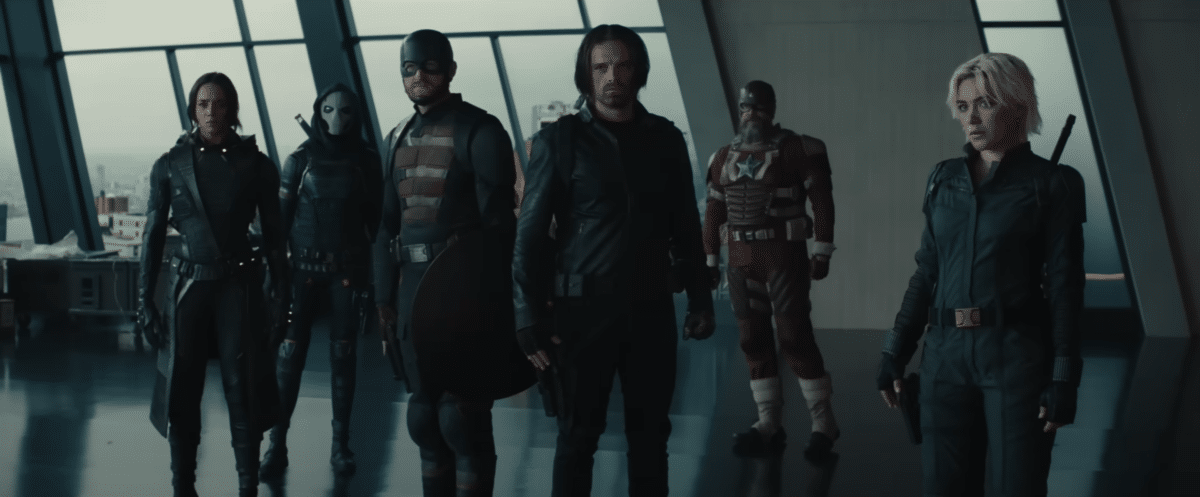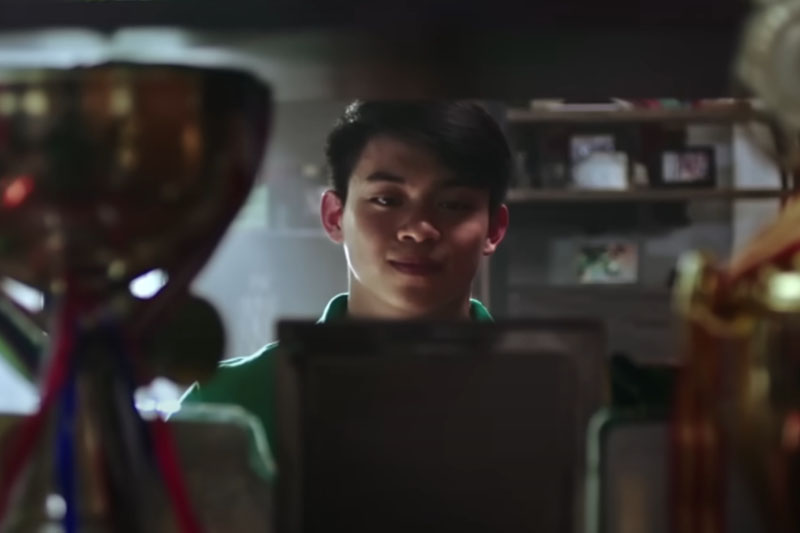Drunk, screaming, dirty or dead. It's how the stories of many iconic characters in 1970s Australian cinema ended. or signup to continue reading So why are movies such as and still attracting modern audiences? These movies told the scandalously sexual, historical and cultural stories of Aussie characters thanks to a boom in government support and the establishment of film schools, National Film and Sound Archive (NFSA) senior curator Elena Guest said.
From daggy Aussie 'ockers' to psychopathic revheads, she said the movies that continue to attract Australian audiences are ones with cultural significance, 'cult status', famous actors and directors. "But a lot of these films do have scenes and dialogue that would not be appropriate for today's audiences in today's films," Ms Guest said. Australians love a dag.

Someone unconstrained by modern fashion, unburdened by the opinions of their peers and unbothered by their own social flops. RMIT associate professor Stephen Gaunson said the rise of 'the Aussie Dag' in 1970s cinema was a "push against the blokey, very masculine Australian male". These 'ockers' are typically good-humoured and happy to laugh at a joke at their expense which made them a compelling focus for films exploring the unique Australian character.
If , and have an appealing kind of dagginess, these films may also impress. The 1971 comedy, based on a play by David Williamson, was considered the first commercial success for the Australian New Wave cinema revival. The movie follows Stork, the first role for now-iconic actor Bruce Spence, as he lurches into a Carlton sharehouse and forms friendships and romances with his housemates.
Jacki Weaver, a legend of Australian cinema, also debuted in the 1971 film. "The thing about that's interesting is that Jacki Weaver has agency," Mr Gaunson said. "She lives in this share house with three guys and she chooses who she wants to sleep with.
Generally in those sorts of films in the 1970s, It's the man who's got all the agency," he said. "It's the first ocker film but it's also, I think, a far more even depiction of women compared to and those sorts of films. " An Aussie dag, who loves nothing more than drinking beer, hanging out at the beach and ogling women, moves to England in this 1972 Australian comedy directed by Bruce Beresford.
Comedians Barry Crocker and Barry Humphries starred in the first Australian film to surpass $1 million at the box office. 's tagline "he puts a little more than colour into girls cheeks" might give modern audiences a good sense of what to expect from the 1973 comedy romp. The film follows door-to-door waterbed salesman Alvin Purple, played by Graeme Blundell, on his sexual misadventures throughout Melbourne.
The eerie, unsettling modern horror films produced by Australia have a decades-long lineage reaching back to the 1970s. Films including and , which was made in Melbourne by a largely local cast and crew, are continuing a tradition started by and " is just a film that won't go away," Mr Gaunson said of the 1975 mystery film by director Peter Weir that follows the disappearance of three school girls and their teacher. He said the film was a major influence on 'eerie horror' with its haunting soundtrack and "pure white costuming against the Australian landscape".
"You can't just watch it in the background, you have to really engage with it and people are interested in unsolved cases," he said. , considered an early 'Ozploitation' genre film, follows a seemingly comatose man in a Melbourne hospital who has psychokinetic powers, a crush on his nurse and lust for blood. The film, starring Robert Thomson as the title role, was a hit at drive-in cinemas.
"In the 1970s censorship dropped so Australians could start making a lot more edgy and risque films in ways that they had never done before," Mr Gaunson said. "Australians realised that you could sell genre as genre. You didn't actually need big stars to sell the film," he said.
"Their crime was against nature, nature found them guilty," reads movie poster from 1978 in dramatic, block letters. This psychological thriller, directed by Colin Eggleston and starring John Hargreaves and Briony Behets, follows a couple as they discover the consequences of trashing their campsite in the Australian bush. Filmmakers in the 1970s were wrestling with what it meant to be Australian and to live in the rugged outback, from the moral debauchery of to the epic survival story in .
Australia's love of the wide, open road and the rev of a V8 engine was cemented in this era. Director Ted Kotcheff, the 1971 film , shows the slow and desperate descent of a young schoolteacher driven mad by alcohol and violence in an outback Australian community. The movie, filmed in Broken Hill and Sydney, starred English actors Donald Pleasance, Sylvia Kay and Gary Bond as well as home-grown actors Chips Rafferty and Jack Thompson, Mr Gaunson said the movie, known for its wild portrayal of morality in country Australia, "seems to be in some sort of dialogue" with the 2005 film Wolf Creek.
Sunday Too Far Away, made in 1975, was celebrated for its accurate depiction of life as a sheep shearer in the Australian outback. "Friday night too tired; Saturday night too drunk; Sunday, too far away," was the title's reported origin. Jack Thompson, playing a heavy-drinking larrikin, competes against other shearers to ensure he stays at the top of his game in this dusty, sweaty exploration of Australian masculinity.
"I really love Sunday too far away," Ms Guest said about the film she restored with the NFSA, the film's producer, cinematographer and costume designer. "They sourced the flannelette shirts from real shearers, there's so much detail. I could watch it 100 times and still see new things," she said.
In , based on a 1972 novel by Thomas Keneally, a young Indigenous man commits murder and goes into hiding after being repeatedly scammed and abused. Indigenous actor Tom E. Lewis, then billed as Tommy Lewis, was joined in the cast of this 1978 drama by Bryan Brown and John Jarratt.
"Jimmy Blacksmith is really fascinated because it was a really successful film and it proved that audiences did want to see films about Indigenous characters," Mr Gaunson said. "Australia now has a lot more Indigenous filmmakers making films but you never saw that at the time, an Indigenous actor being the star of the film," he said. The 1971 film follows a teenage girl and her younger brother as they survive an attempted murder-suicide by their father and escape into the Australian outback.
A young man, played by David Gulpilil, discovers and saves the pair before he meets a sad end. , the road movie that launched a thousand road movies. This iconic dystopian action film, directed by George Miller in 1979, is the first of the five-part franchise.
It stars Mel Gibson as 'Mad' Max Rockatansky, a former police officer turned vigilante, furiously hunting the gang responsible for the murder of his infant son. The fictional town of Paris has a plan; they stage car crashes as tourists pass through the town, steal their luggage, scrap their cars and lobotomise the crash victims for medical experimentation. " is really interesting because that predates .
That's the first of those road exploitation films," Mr Gaunson said. This wacky 1974 road movie, directed by Peter Weir, follows Arthur as he explores the town and attempts to escape alive. Anna Houlahan reports on crime and social issues affecting regional and remote Australia in her role as national crime reporter at Australian Community Media (ACM).
She was ACM’s Trainee of the Year in 2023 and, aside from reporting on crime, has travelled the country as a journalist for Explore Travel Magazine. Reach out with news or updates to anna.houlahan@austcommunitymedia.
com.au Anna Houlahan reports on crime and social issues affecting regional and remote Australia in her role as national crime reporter at Australian Community Media (ACM). She was ACM’s Trainee of the Year in 2023 and, aside from reporting on crime, has travelled the country as a journalist for Explore Travel Magazine.
Reach out with news or updates to [email protected].
au Advertisement Sign up for our newsletter to stay up to date. We care about the protection of your data. Read our .
Advertisement.




















